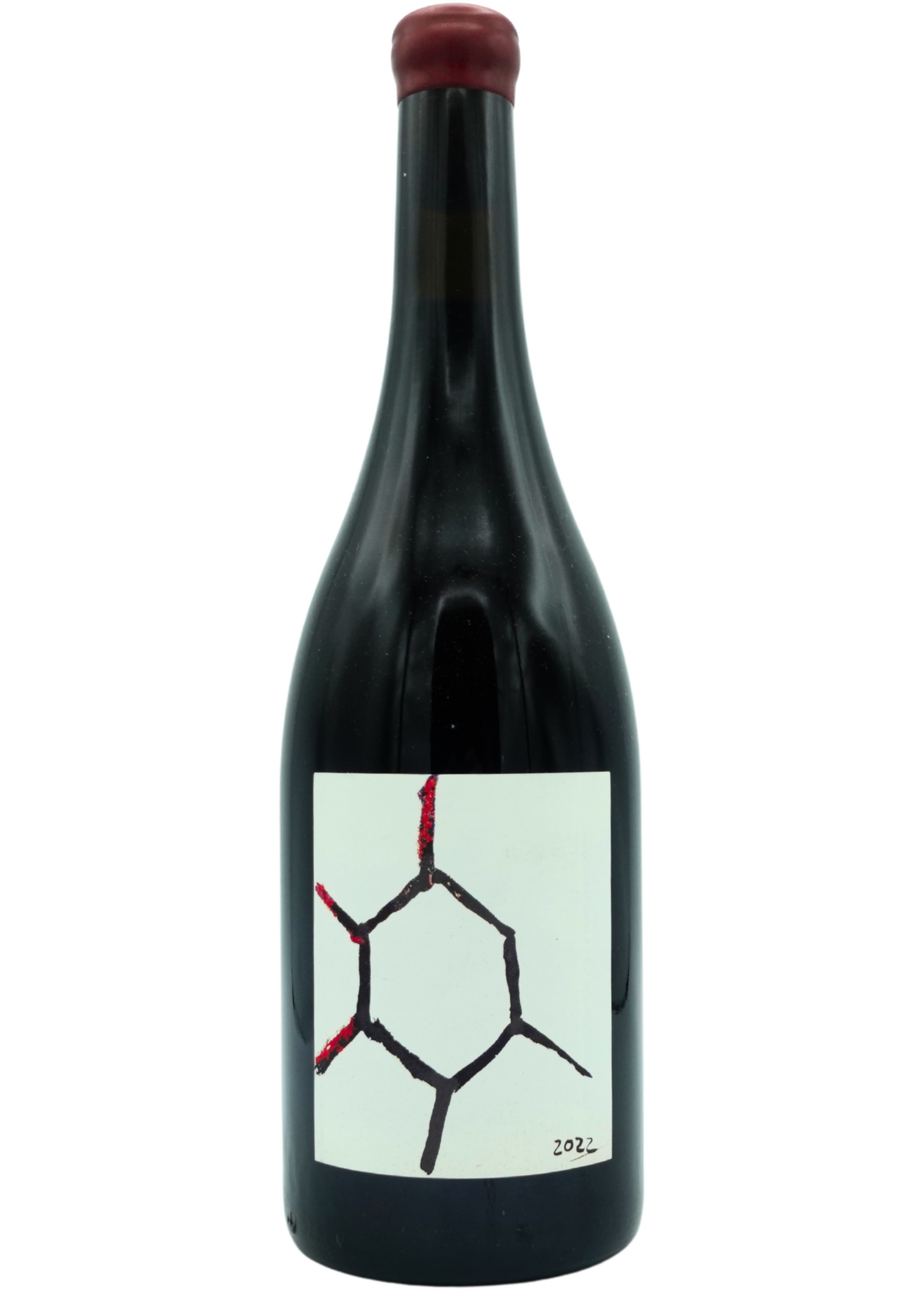Gloriville Narrow Path Cabernet Sauvignon 2022
Gloriville Narrow Path Cabernet Sauvignon 2022
Couldn't load pickup availability
Fermented and aged in stainless steel for 16 months before bottling. The nose is ripe with black currant leaf, blackberries and underbrush, but the palate expresses fresher notes of dark plum and cherry. Grippy tannins and a high acidity give this wine a surprising versatility for a Cab Sauv.
APPELLATION Hebei, China
VARIETY Cabernet Sauvignon
ABV 13.2%
STYLE Bright & Bold
WINEMAKER Gloriville Wines
ABOUT THE REGION
Hebei is right in central China, actually encompassing Beijing. The two main sub-regions hold different features, with Changli having a coastal influence from the Yellow Sea, and hilly plots in Huailai, where altitudes can reach over 1000m above sea level. Despite its latitude implying that it would be more maritime, Hebei's winters are quite harsh due northerly winds coming from Siberia, and hot, humid summers. The main grapes grown in Hebei consist of Cabernet Sauvignon, Cabernet Gernischt, Merlot, and Marselan.
Share

Organic, Biodynamic and Natural wine. What’s the difference?
To understand this concept and its various ramifications, it is necessary to keep something clear in mind: before the 20th century and the spreading of affordable synthetic fertilisers, all farming was organic. When the shift to the use of synthetics and pesticides happened, it became necessary to diversify traditional organic farming from the new modern farming.
ORGANIC WINE
Simply put, organic farming forbids the use of synthetic fertilisers, synthetic pesticides, herbicides, or genetically modified organisms. The basic requirements are generally specific and engage the farmers not to use any chemical fertilisers and other synthetic products in the vineyard. It does not prevent the vintner from using the conventional winemaking process after harvesting.
BIODYNAMIC WINE
Let’s take organic farming one step further: Biodynamic. The creator of this agricultural system is the Austrian philosopher Rudolf Steiner, who developed the principles of biodynamics in a series of lectures given in 1924 in Germany. Here lies the foundation of true organic wines, with a strict limit in the use of additives, stringent requirements and at the end obtaining a biodynamic certification.
NATURAL WINE
The previous definitions are usually, and rightfully, associated with it, because most natural wine is also organic and/or biodynamic. But not vice versa!
Natural wine is wine in its purest form, simply described as nothing added, nothing taken away, just grapes fermented. No manipulation whatsoever, minimal intervention both in the vineyards and in the winery. Healthy grapes, natural yeast and natural fermentation, with no filtration nor fining. Sounds easy, right? However, making natural wine is unforgiving and it requires a bigger amount of work than conventional wine. To this day, natural wine has no certification yet.

